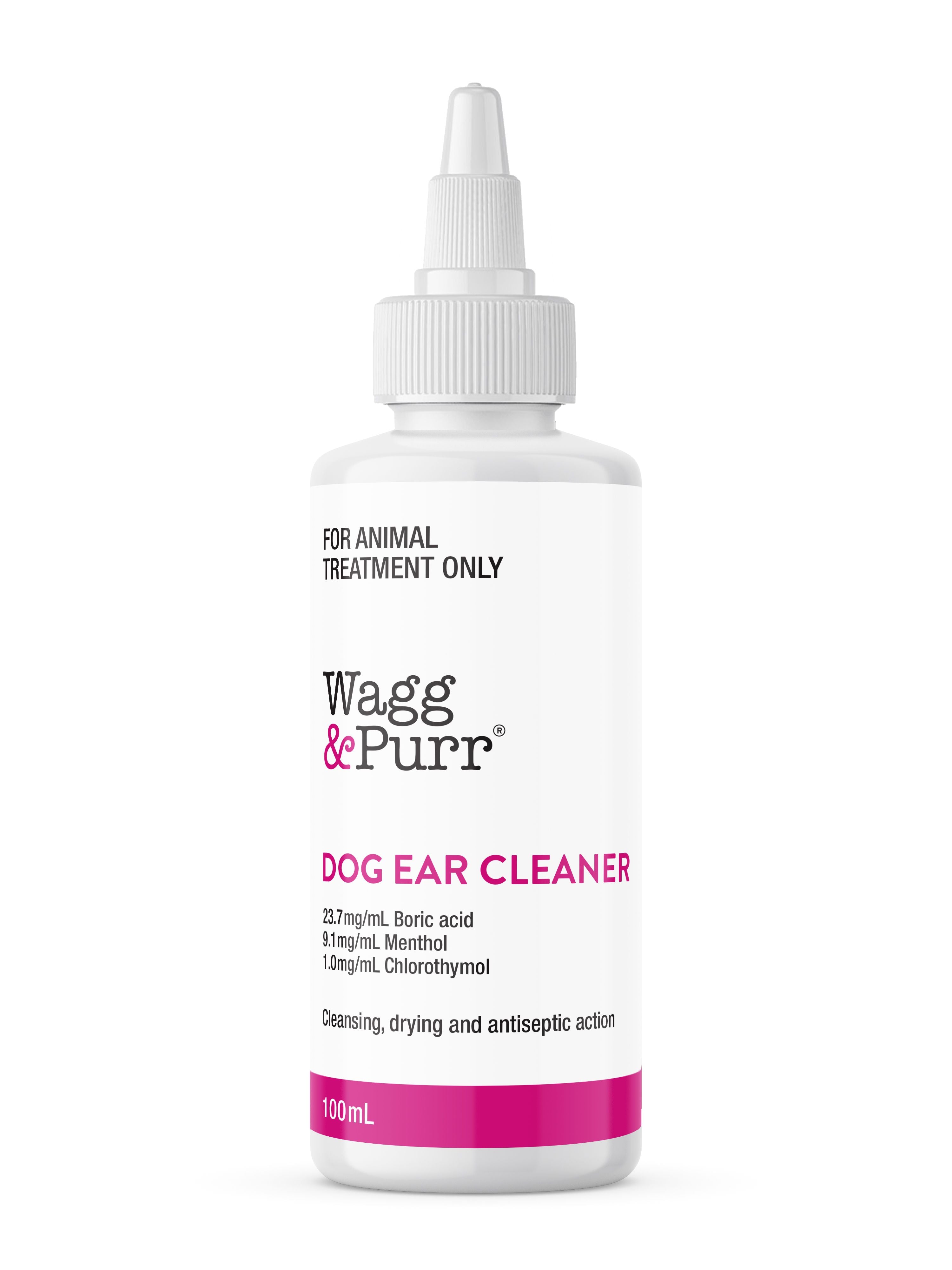A Heartbreaking Lesson: The Importance of Parasite Prevention for Livestock
Owning livestock, even on a small scale, comes with great joy and responsibility. For hobby farmers and less-experienced livestock owners, the importance of proper care and preventative measures cannot be overstated. This is a lesson we learned the hard way with our beloved pet goat, Ramsey.
A Happy Life Cut Short
Ramsey was a picture of health and happiness. She thrived on our block, sharing her space with just one other goat and no other livestock. With zero health issues, she was the epitome of a content and well-cared-for goat. However, as the food supply on our property dwindled, we decided to send Ramsey and her companion to a nearby farm to feast on some blackberries.
The Unseen Danger
Unbeknownst to us, this decision would lead to a tragic outcome. Ramsey, who had always been healthy, quickly succumbed to a parasitic infection after arriving at the farm. Despite the farm owners and our local vet doing everything they could, we lost Ramsey within a very short period of time.
A Preventable Tragedy
This heartbreaking experience taught us a critical lesson about livestock care: the importance of preventative action against parasites. In our case, we were not aware of the necessity to use drench to protect Ramsey from parasites commonly found in new grazing environments. This lack of knowledge cost us dearly.
A Cautionary Tale for Hobby Farmers
For hobby farmers or those new to livestock ownership, it’s essential to understand the risks and take preventative measures to ensure the health and well-being of your animals. Here are some key steps to consider:
1. Regular Parasite Control
Ensure your livestock are regularly treated for parasites. Consult with a veterinarian to establish an effective parasite control program tailored to your specific region and the types of animals you keep.
2. Monitor Grazing Conditions
Be aware of the grazing conditions your animals are exposed to. New grazing environments can introduce a variety of parasites. Regularly check the health of your pasture and make adjustments as necessary.
3. Consult Professionals
Always seek advice from experienced farmers and veterinarians when making decisions about your livestock’s care. Their expertise can help you avoid common pitfalls and ensure your animals remain healthy.
4. Stay Informed
Continuously educate yourself about livestock care. Attend workshops, read relevant literature, and join local farming groups to stay updated on best practices and new developments in animal husbandry.
Final Thoughts
Ramsey’s story is a painful reminder of the responsibilities that come with caring for livestock. By sharing our experience, we hope to raise awareness and help other hobby farmers avoid the same heartache. Preventative measures and informed decisions are crucial to maintaining the health and happiness of your animals.
Remember, the well-being of your livestock depends on the care and attention you provide. Take proactive steps to protect them from unseen dangers, and you’ll ensure a longer, healthier life for your beloved animals.
Disclaimer: This article is based on personal experience and should not replace professional veterinary advice. Always consult your veterinarian if you have concerns about your livestock's health.




